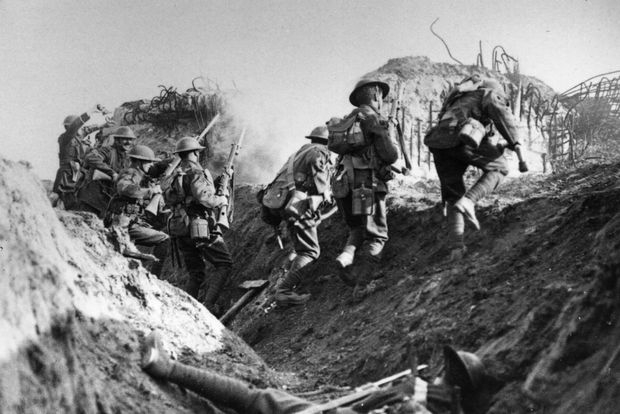From ‘Cold-blooded Goodness‘, The Spectator, 26 June 1915:
A young person of either sex who is wholly without sentimentality has not as a rule much heart. On the other hand, where practicality so overruns the character as to destroy all the finest feelings, it may still leave the capacity for sympathy not uninjured, but certainly undestroyed. No good child ever lived who did not wish for approbation, but certain good people do grow out of it. Indifference to it is a cold, unlovable virtue; but some quite kind and lovable people are indifferent to the opinion even of those they really like. It goes, we think, with an overweening desire for independence, a quality always unsocial and rather inhuman. All these temptations may quite well be no temptations to warm-hearted people; but, speaking generally, those who have never felt them ‘belong to the cold-blooded good.
“Have cold-blooded people a right to be called good at all?” we bear some one ask. We think they have. They cannot help being cold-blooded, and, though they may be hateful, they are not nefarious. We have a notion that they exist more among the rich than among the poor, more among the educated than the uneducated, more among women than men. Those we have known have looked down, and have had from a worldly point of view a right to look down, on their fellow-creatures. There is often a sort of exquisiteness about cold blood. It is a distinction. They have been as incapable of dishonesty as of kindness, as impervious to pity as to passion. With serene indulgence coloured by contempt they have watched the follies of the fervent good. “How their indignation checks their usefulness!” they say to themselves. “When will they learn to control it? How their desperate over-anxiety impairs their health I How strange that they have themselves so little in hand! Why do men permit themselves all these doubts, which weaken their political position and disturb their religions placidity? Why do women work themselves to death when a little thought would show them that their individual effort is of no account against the great exile and distresses of the world? When will they see their own true and tiny proportions? Why are they so infatuate, so high-falutin’?”
All this they wonder as they look on in their cool wisdom. Half the troubles of the world, in the eyes of the cold-blooded good, come of want of something which they call courage, but which has as little resemblance to that high- mettled quality as a fish has to a man. They regard it as the glittering gift of the natural patrician, of the man or woman whom God or “Burke” has lifted a head and shoulders above the people. These are the characters whose watchword is “No fuss” and whose secret is no feeling. Nevertheless, they are high-minded people.






Comments